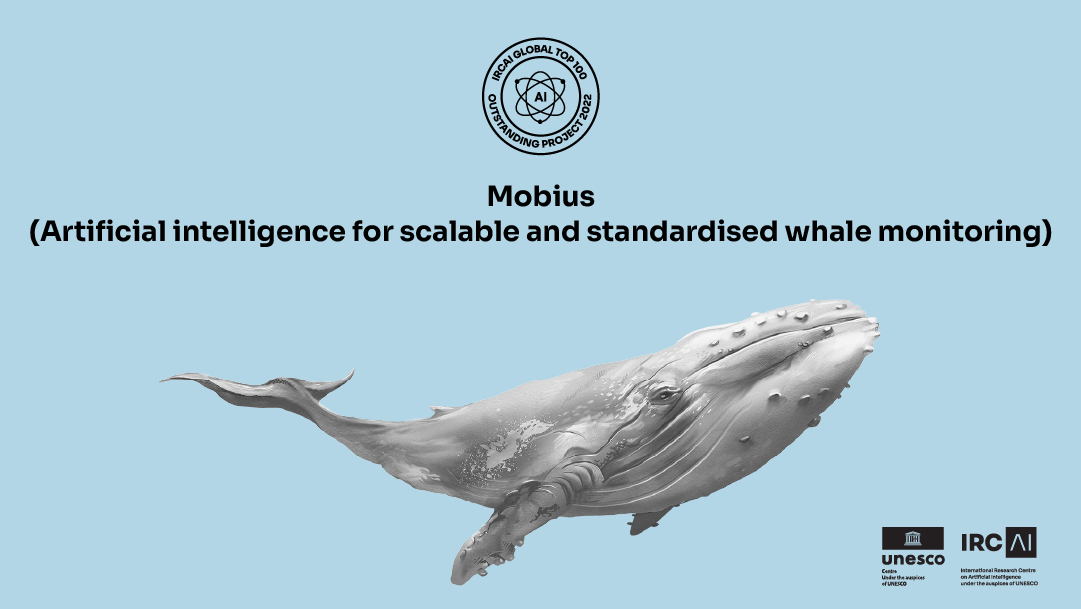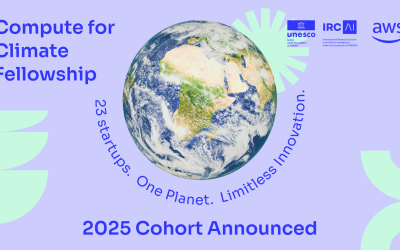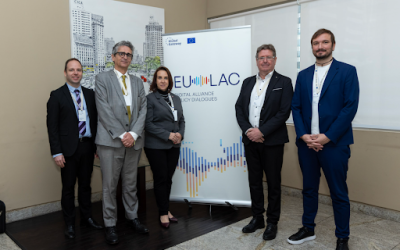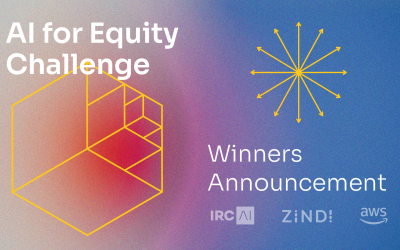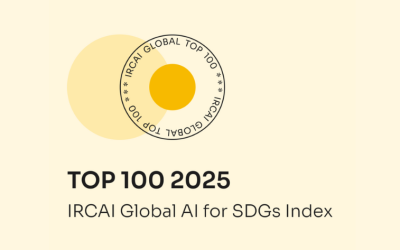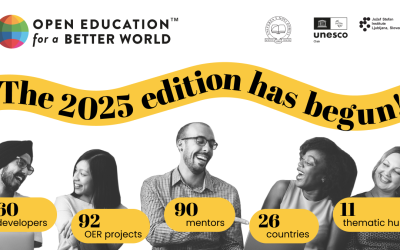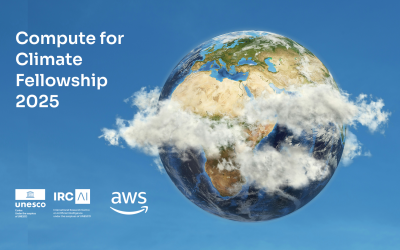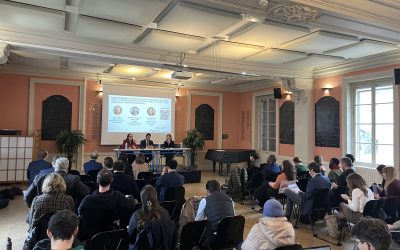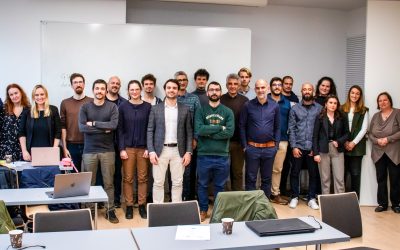After a thorough scientific, ethical, and entrepreneurial review of all projects submitted to the 2022 IRCAI Global Top 100 call, IRCAI has deemed ten submissions as “outstanding” based on their AI integrity, potential impact on the SDGs, business sustainability, and ethical design. Among these ten projects was Mobius, an aerial imagery analysis tool developed by Whale Seeker, a Canadian startup using AI for whale monitoring. Earlier this month at our STI Forum side event, Emily Charry Tissier, CEO and co-founder of the company, gave us insight into how Mobius can really make a difference.
Whales matter
Whales play a vital role in the health of our planet. When whales consume large amounts of prey, they ingest carbon-rich biomass, which they then release near the surface through defecation and excretion in the form of fecal matter that contains significant amounts of carbon and nutrients. This fecal matter then promotes the growth of phytoplankton, which in turn absorb atmospheric carbon dioxide through photosynthesis. Some of this carbon is then transported to the deep sea as the phytoplankton die and sink, sequestering the carbon over long periods of time. Overall, phytoplankton capture 40% of all CO2 produced worldwide – four times the amount absorbed by the Amazon rainforest.
Whale detection: still a largely manual activity
“However, whale populations are under threat from human activity” Emily warns. “With marine activities expected to increase twelvefold by 2050, the risks will only increase.” For this reason, we need to closely monitor whale populations. However, due to the lack of reliable automated analysis techniques, current visual whale detection still relies mostly on the human eye. In other words, current whale detection methods are neither scalable nor standardized.
Rendering whale detection scalable and standardized
Whale Seeker’s proprietary AI assistant system, Mobius, makes use of remote aerial imagery to detect these whales, providing standardized and accurate data on whale populations. Emily explains that the AI assistance provides significant time, financial, and personnel savings by “standardizing the quality of annotations, reducing inaccuracies related to human observer bias and making long-term and wide-ranging comparisons of data across environments and time possible”.
For more background information on the team’s work on scalable and standardised methods for whale monitoring, have a look at their website and the following two articles: This article describes how Deep Learning can serve as a human-in-the-loop solution for analysing aerial data on whale populations, while this article evaluates the ability to detect and classify two Arctic whales in particular, namely the narwhal and the beluga whale.
